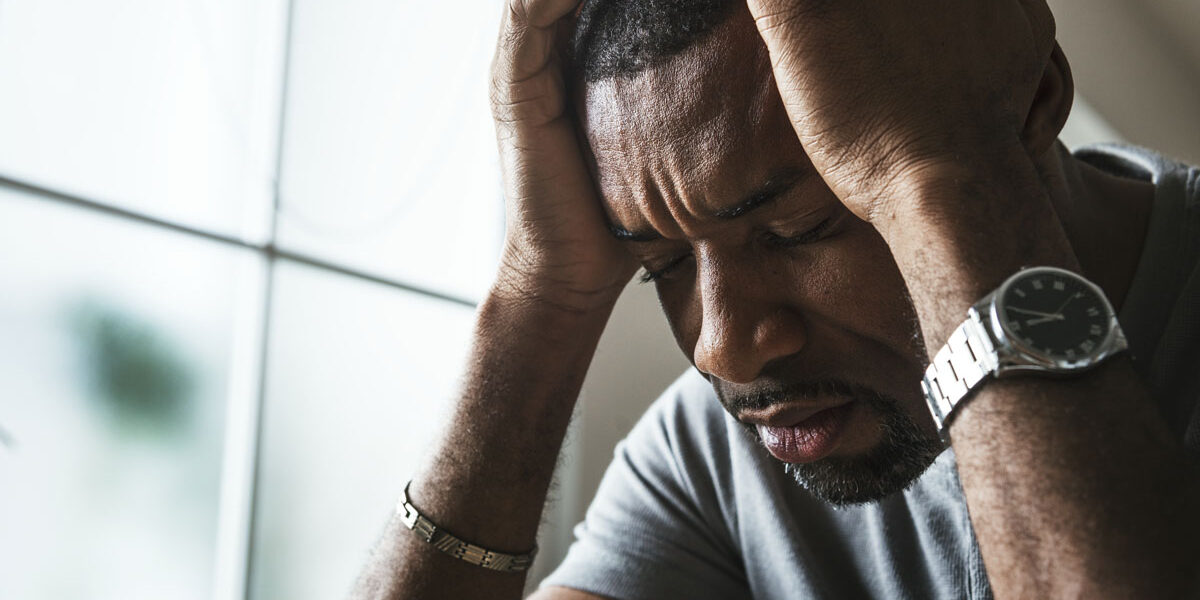Depression Symptoms and Treatment Options
Depression has become a blanket term for many different disorders. Still, the truth is, there are several different kinds of depressive disorders that tens of millions of American adults are diagnosed with…every year!
Depression is more than just feeling “blue” or going through a tough time in your life. Periods of feeling sad or melancholy are pretty common, but in its true forms, a depressive disorder is a serious mental health condition that requires understanding and medical care. Left untreated, depression can be devastating for those who have it and their families. Still, plenty of treatment plans can be offered that may consist of medication, psychotherapy, and healthy lifestyle choices that can help people recover and move on with their lives.
- Some people may experience one depressive episode in a lifetime
- Some find their depression recurs.
- Without treatment, depression may last a few months to several years
About 21 million U.S. adults—8.4% of the population—had at least one major depressive episode in 2020, and with the stress that the COVID-19 pandemic began to cause, this number may not be a true reflection of the real numbers. Depression doesn’t know race or ethnicity, and it doesn’t care if you’re wealthy or poor, but the reality is, if it’s left unattended, things can go from bad to worse.
Common Symptoms of Depression
Depression can present different symptoms in different people. In other words, no two people necessarily feel the same when they are depressed. But for most, depression changes how they function day-to-day, and typically for more than two weeks. Common symptoms include:
- Changes in sleep
- Changes in appetite
- Lack of concentration
- Loss of energy
- Lack of interest in activities
- Hopelessness or guilty thoughts
- Changes in movement (less activity or agitation)
- Physical aches and pains
- Suicidal thoughts
Causes of Depression
Depression does not have a single cause. A life crisis can trigger it, physical illness or something else—but it can also occur spontaneously. However, most depressive disorders can be linked back to something that is underlying. Examples of this include:
- Trauma. Trauma may include sexual or physical abuse, witnessing an act of violence, bullying, etc. When people experience trauma before adulthood, it can cause long-term changes in how their brains respond to fear and stress. These changes may lead to depression.
- It could be your genes. Mood disorders, such as depression or bipolar disorder, tend to run in families.
- Life. Divorce or a loss of a relationship, money woes, living or working in a high-stress environment…Life is full of opportunities to bring on depression.
- Brain changes. Imaging studies have shown that the brain’s frontal lobe becomes less active when a person is depressed. Depression is also associated with changes in how the pituitary gland and hypothalamus respond to hormone stimulation.
- Medical conditions. People who have a history of sleep disturbances, medical illness, chronic pain, anxiety, and attention-deficit hyperactivity disorder (ADHD) are more likely to develop depression. Some medications can also cause symptoms of depression. Some medical syndromes (like hypothyroidism) can mimic depressive disorder.
- Drug and alcohol misuse. Adults with a substance use disorder are at significantly higher risk for experiencing a major depressive episode. Co-occurring disorders require coordinated treatment for both conditions, as alcohol can worsen depressive symptoms.
Treatment
Although depressive disorders can be devastating, they often respond to treatment. The key is to get a specific evaluation and treatment plan. Safety planning is essential for individuals who have suicidal thoughts. When patients meet with me for the first time, I consider a variety of factors that each patient brings to me. Once I come to a diagnosis, I develop a course of treatment for each patient’s unique needs and may include one of the following:
- Psychotherapy including cognitive behavioral therapy, family-focused therapy, and interpersonal therapy.
- Medications including antidepressants, mood stabilizers, or antipsychotic medications.
- Exercise can help with prevention and mild-to-moderate symptoms.
- Nutrition can have a tremendous influence on your sense of well-being. We all have “comfort foods” that we turn to, but they often are not the healthiest choices, and I work with patients to identify those foods that can trigger depression.
- Brain stimulation therapies can be tried if psychotherapy and/or medication are not effective. We prescribe TMS (transcranial magnetic stimulation) for patients who don’t respond to other treatments.
In the end, if you think you’re depressed, you probably are, and it’s not something that should be taken lightly. If you have been feeling depressed for more than two weeks, please contact or Winston-Salem or Raleigh office to schedule an appointment.








